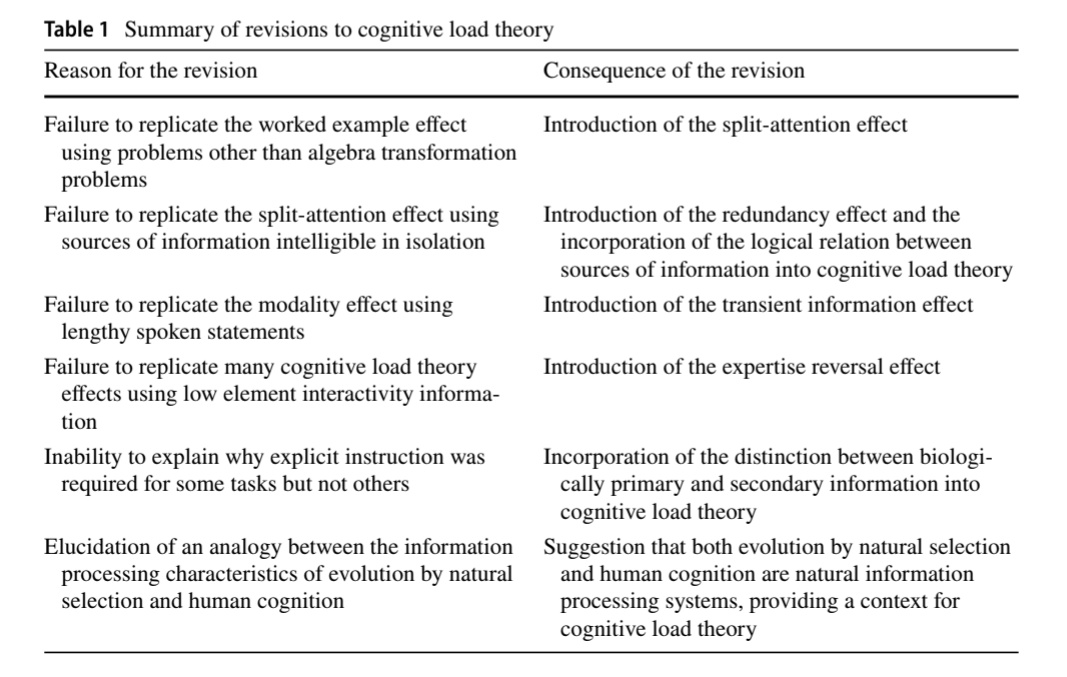Thank you for your #iLRN2020 contribution @JuleMKruger et al. I was curious whether you used a form of mental effort measurement in your AR study?
@JuleMKruger Ah I see #iLRN2020
Ha, and you actually answered Qs on this in Virbela, that you did not find load effects using load measurements. Good to hear you also used NASA-TLX :-)
• • •
Missing some Tweet in this thread? You can try to
force a refresh





